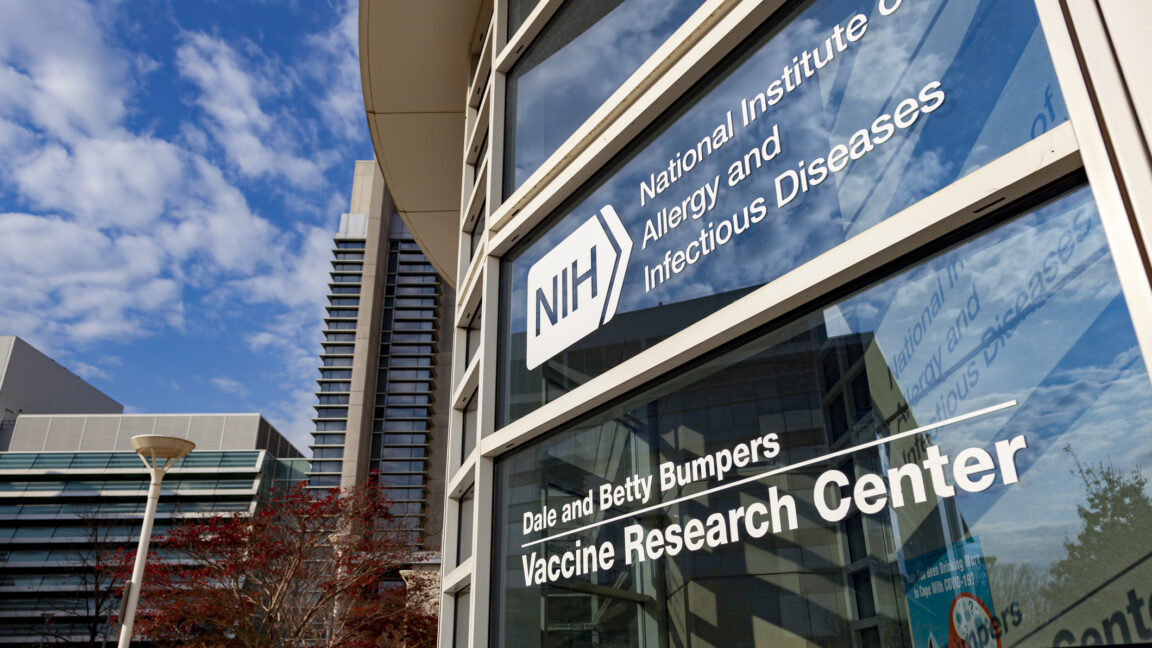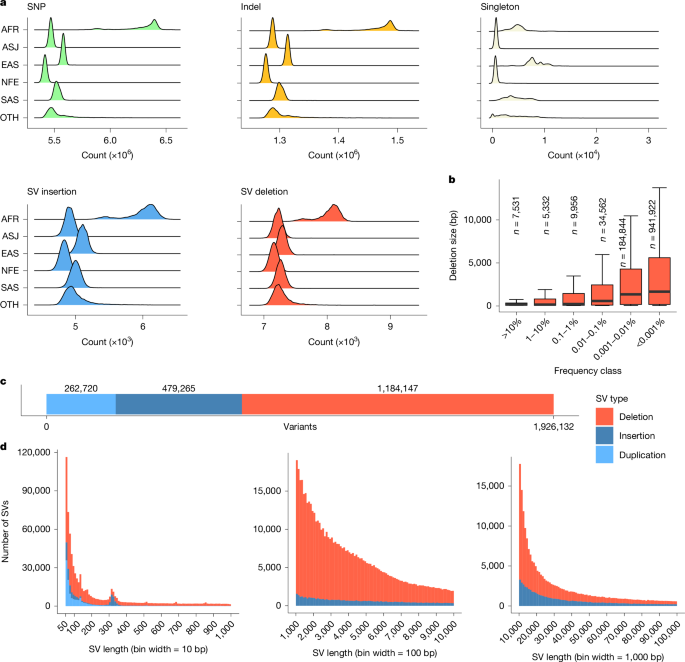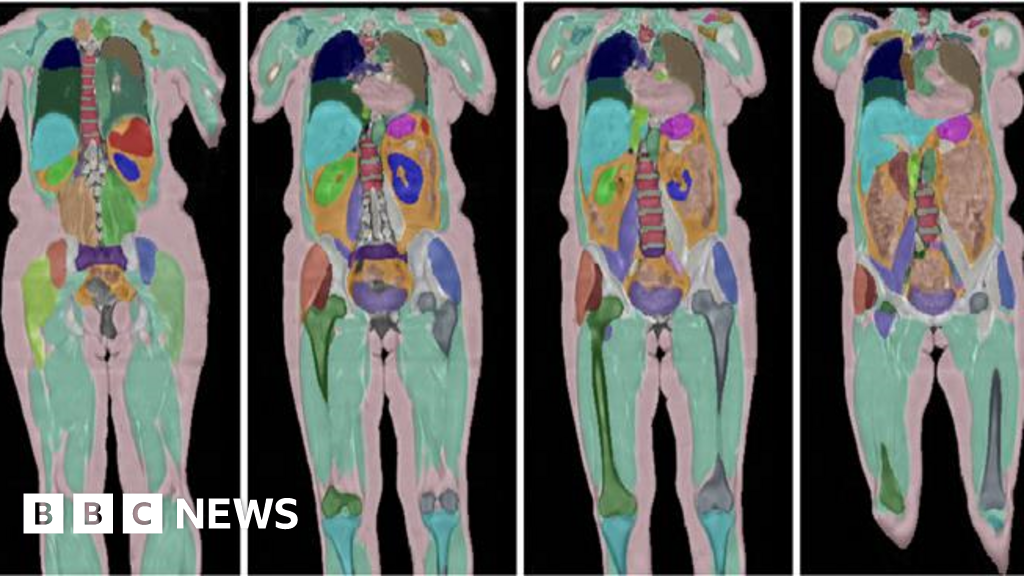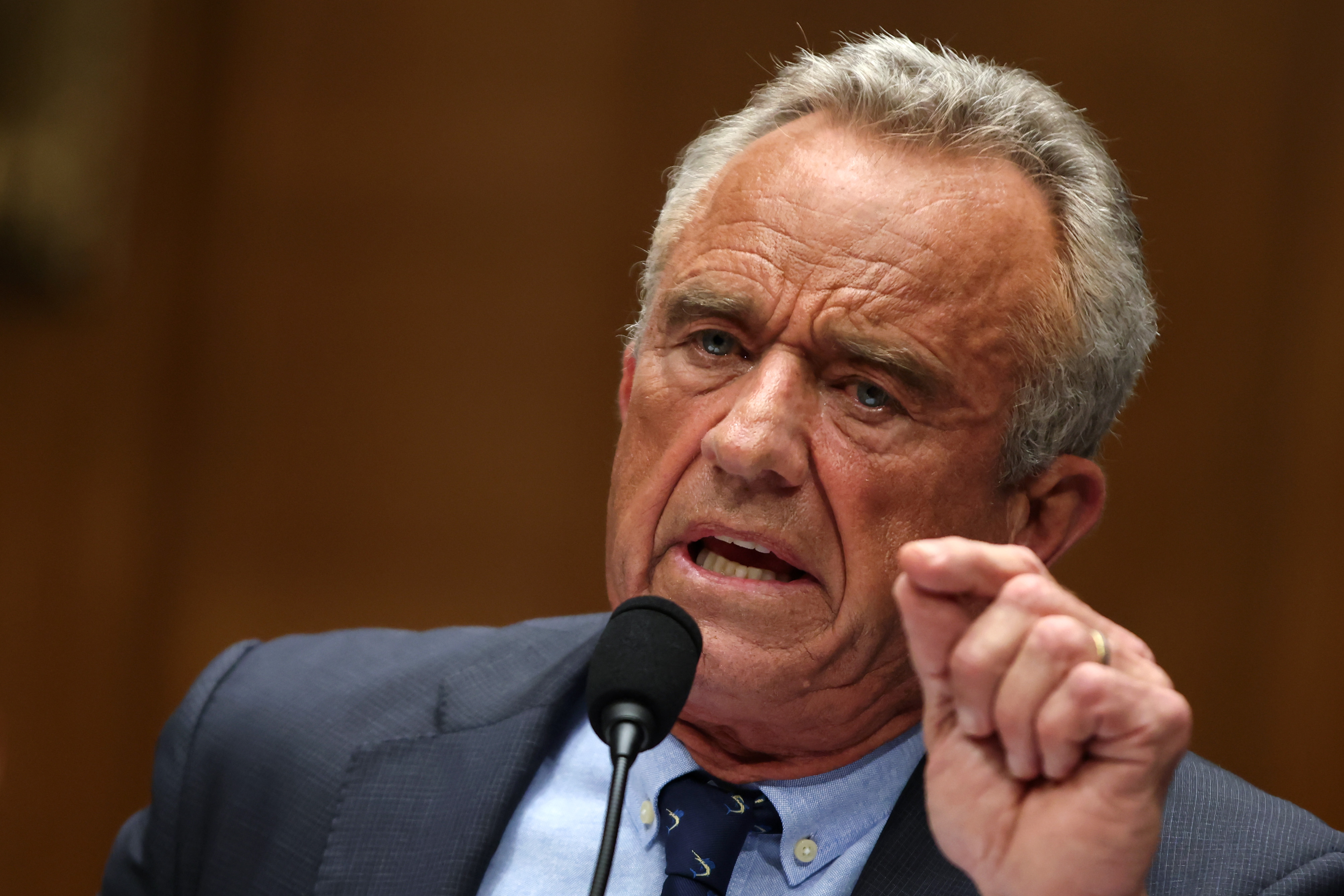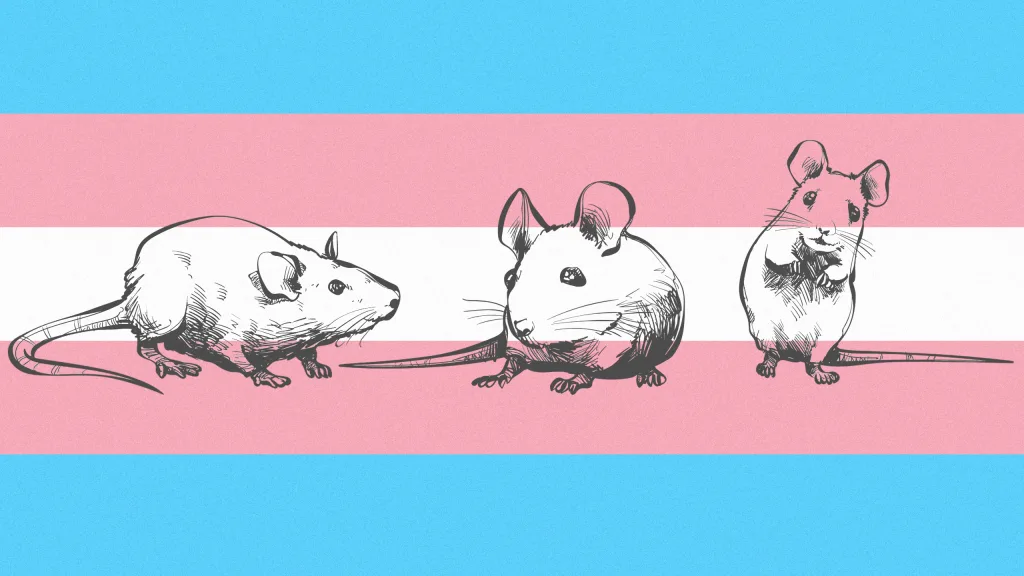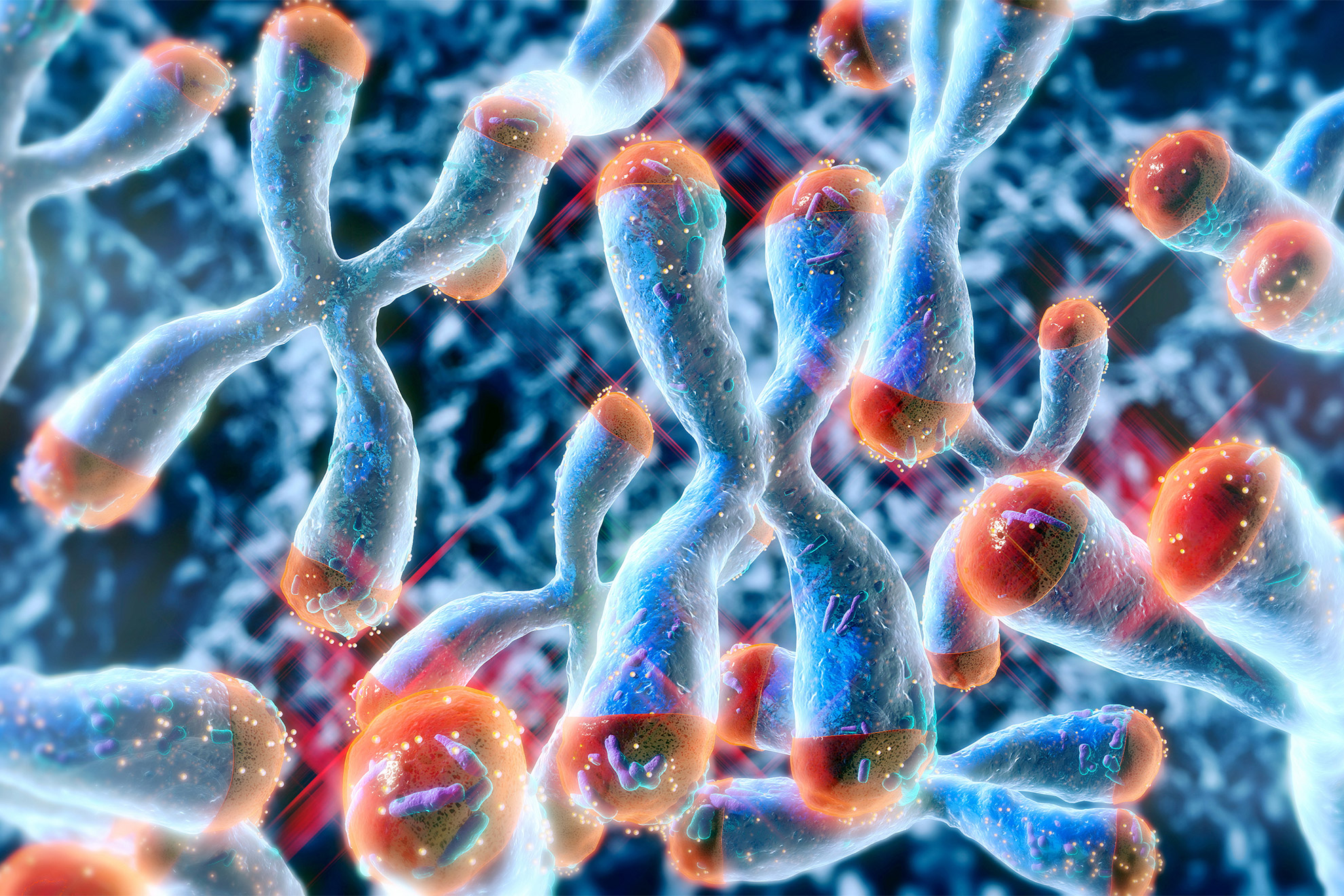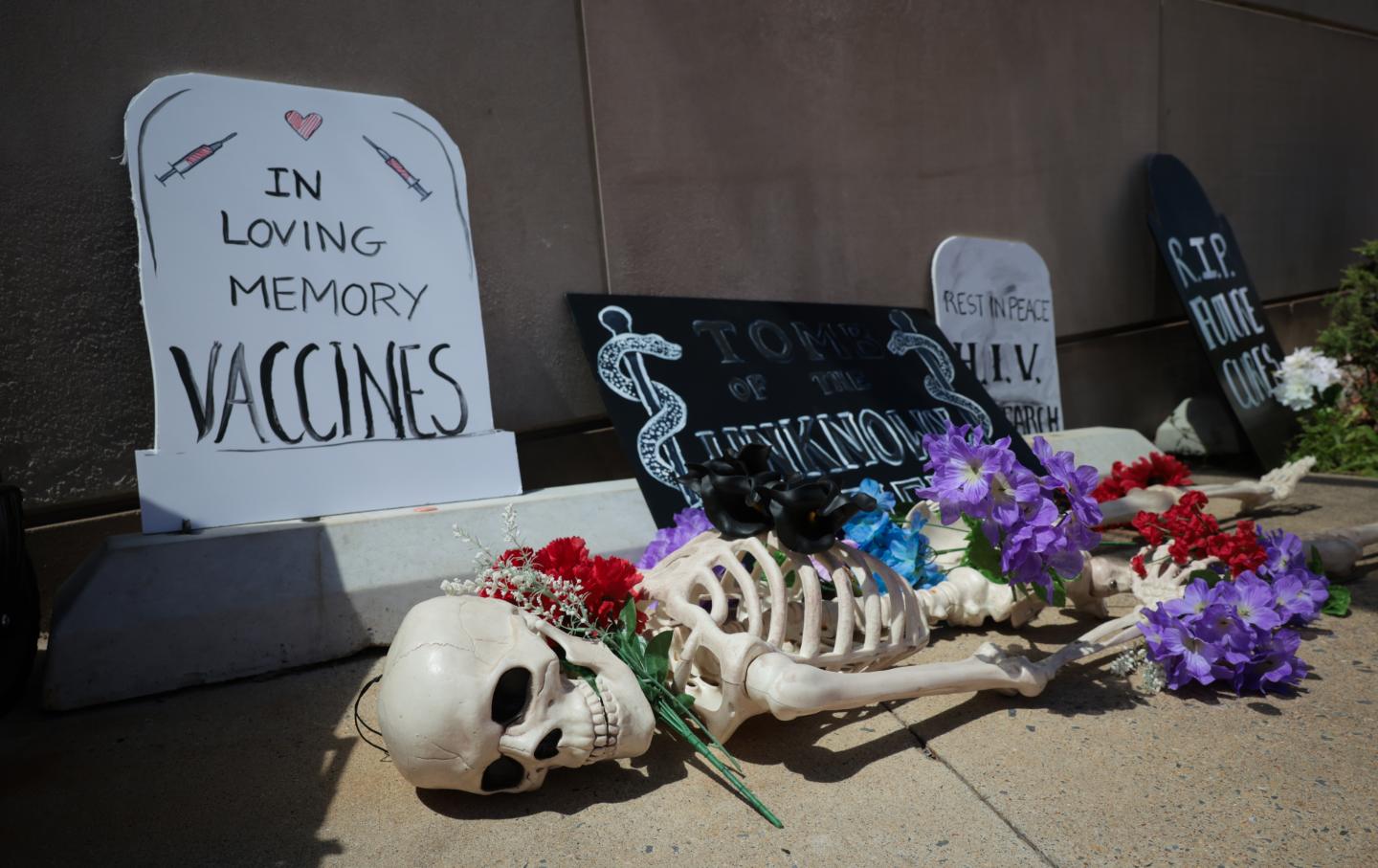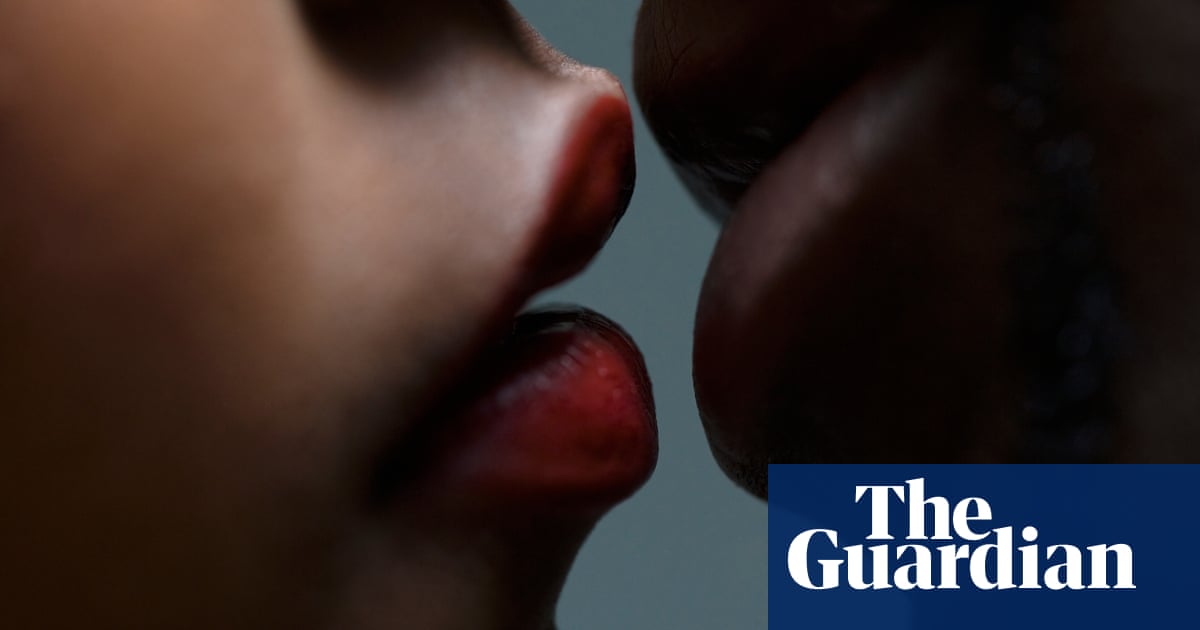#health-research
#health-research
[ follow ]
#trump-administration #public-health #nih #uk-biobank #telomeres #lgbtq #nutrition #national-institutes-of-health
fromFast Company
5 months agoBill Clinton plans to reshape the Clinton Global Initiative amid rising global crises
We need to redefine how we show up, how we work, and how we find ways to honor our common humanity. This September, our goal will be to connect dots across issues, expose the consequences, and confront the complicated issues in front of us.
US politics
fromwww.theguardian.com
5 months agoThe 1am shut-eye: what is the prime bedtime for your health and happiness?
A survey of 2,000 Americans found that the average time people fall asleep is 11.18pm. For those who stayed up later than planned, 29% cited chores, while 21% enjoyed nighttime activities. The average American starts their going-to-bed routine at 10.15pm, taking 21 minutes before being tucked in by 10.36pm, and another 42 minutes to actually fall asleep.
Miscellaneous
fromScienceDaily
6 months agoNew Duke study finds obesity rises with caloric intake, not couch time
"Despite decades of trying to understand the root causes of the obesity crisis in economically developed countries, public health guidance remains stuck with uncertainty as to the relative importance of diet and physical activity. This large, international, collaborative effort allows us to test these competing ideas. It's clear that changes in diet, not reduced activity, are the main cause of obesity in the U.S. and other developed countries."
Public health
fromFuturism
6 months agoEvidence Grows That Tripping on Shrooms Might Increase Your Lifespan
The introduction of psilocybin was linked to preserved telomere length. In other words, the study appears to show that telomeres shortened more slowly after being given psilocybin than they would have without.
Health
fromwww.npr.org
6 months agoCanceled grants get the spotlight at a Capitol Hill 'science fair'
These discoveries may not just save our own lives, but the lives of people we love. Nearly every innovation that defines our era, every breakthrough from my field and from those of my colleagues, traces back to basic science research.
US news
Alternative medicine
fromNatural Health News
7 months agoDrinking Alcohol Raises Dementia Risk and Causes Brain Lesions
Moderate alcohol consumption increases brain damage risk by 60%, contradicting safe drinking beliefs.
Heavy drinkers face significantly higher dementia risk and shorter life expectancy.
fromScienceDaily
7 months agoMyth-busting study shows controversial seed oils reduce inflammation
There has been increasing attention on seed oils, with some claiming these oils promote inflammation and raise cardiometabolic risk. Our study, based on almost 1,900 people, found that higher linoleic acid in blood plasma was associated with lower levels of biomarkers of cardiometabolic...
Alternative medicine
fromMail Online
7 months agoInsanely popular health snack loved by young people linked to strokes
Auburn Berry, a graduate student who led the research, said: 'While erythritol is widely used in sugar-free products marketed as healthier alternatives, more research is needed to fully understand its impact on vascular health.'
OMG science
Alternative medicine
fromNatural Health News
8 months agoFood as medicine: Groundbreaking research shows diet outperforms painkillers for chronic pain relief
Dietary choices can relieve chronic pain more effectively than medications.
Higher-quality diets are linked to lower pain levels, regardless of weight.
Anti-inflammatory foods reduce pain, while processed foods exacerbate inflammation.
Women experience more significant pain relief through anti-inflammatory eating.
NYC LGBT
fromwww.nytimes.com
8 months agoTrump Administration Slashes Research Into L.G.B.T.Q. Health
The Trump administration eliminated $800 million in health research aimed at L.G.B.T.Q. populations, impacting studies critical for their health.
Canceled L.G.B.T.Q. health research represents nearly half of all terminated National Institutes of Health grants.
fromwww.theguardian.com
9 months agoUK Biobank is safely sharing health data to drive medical research | Letter
Data locked away benefits no one, but when data is shared responsibly and carefully with bright minds everywhere, we get results that will give us all a healthier future.
Privacy professionals
[ Load more ]

